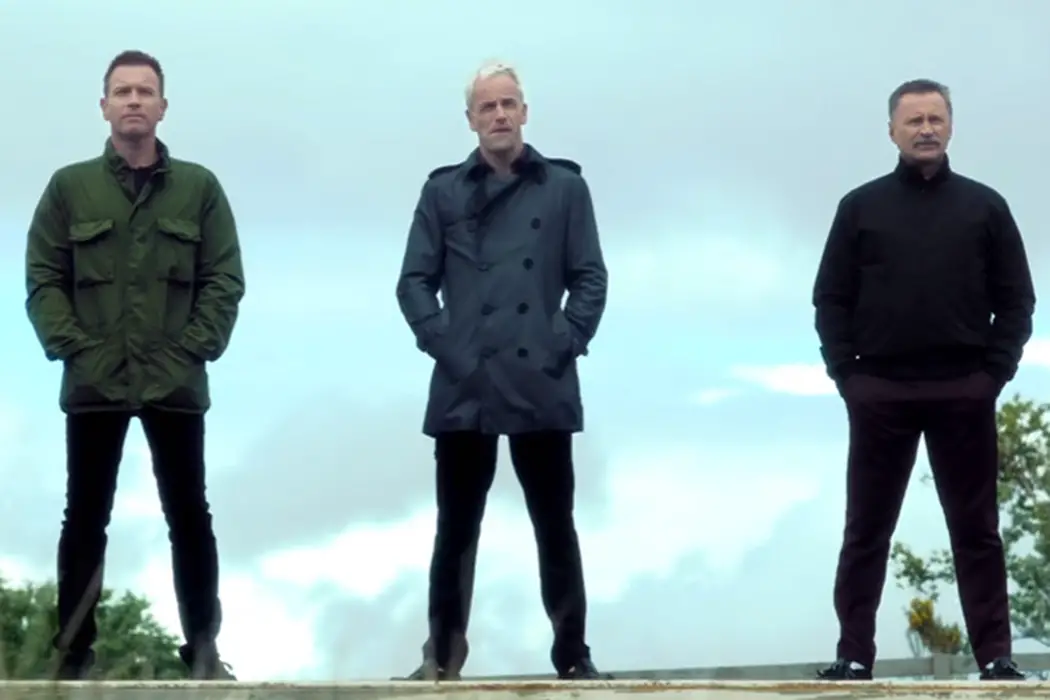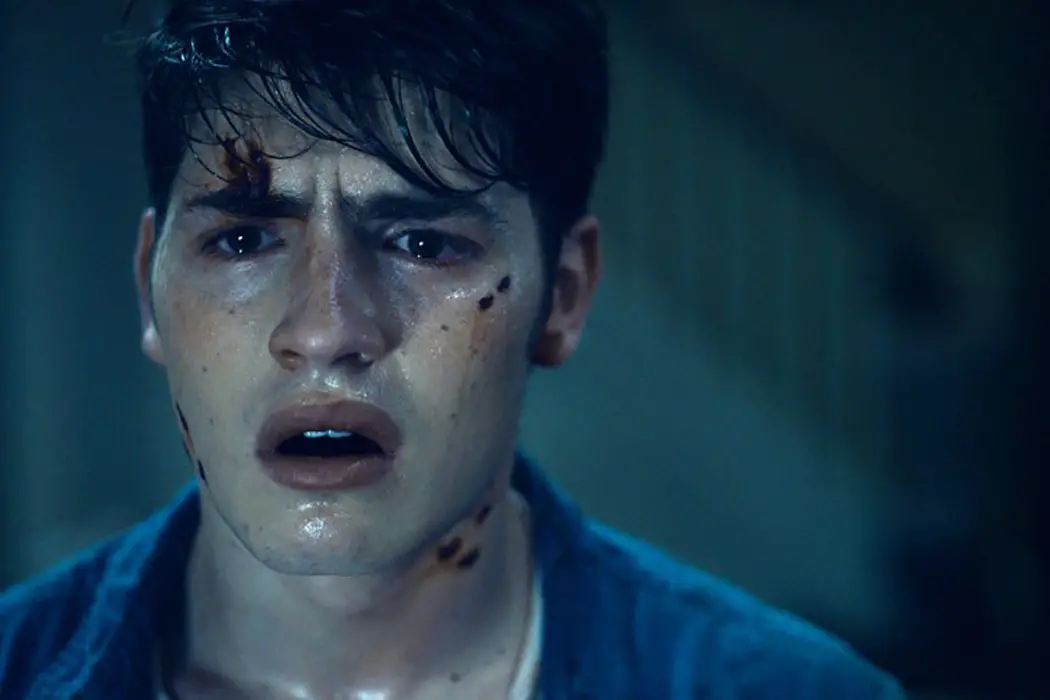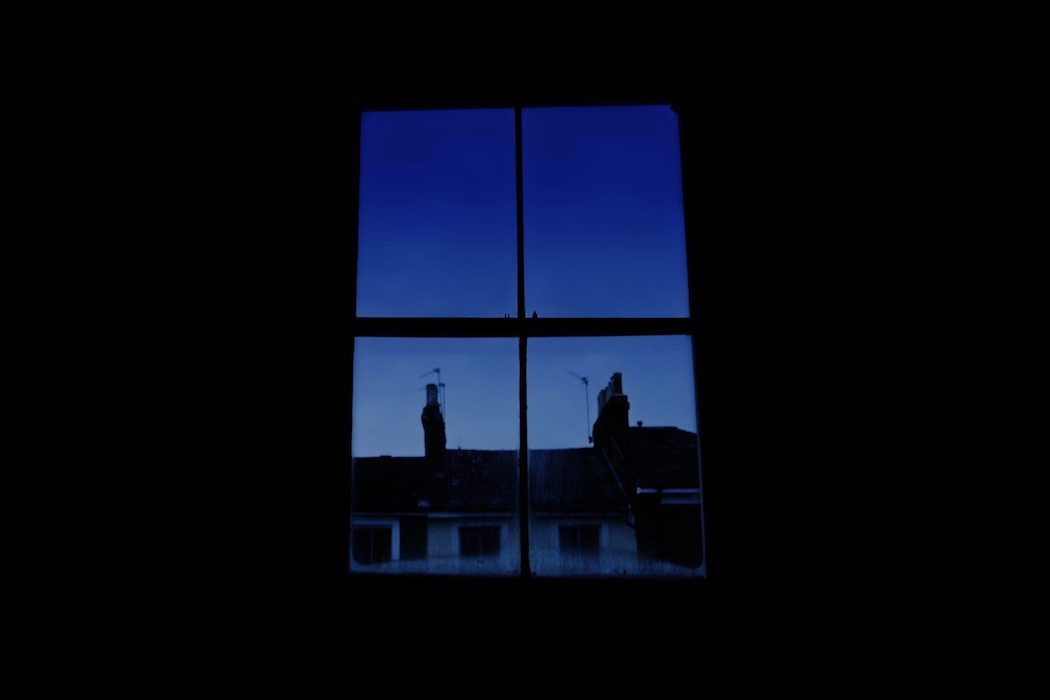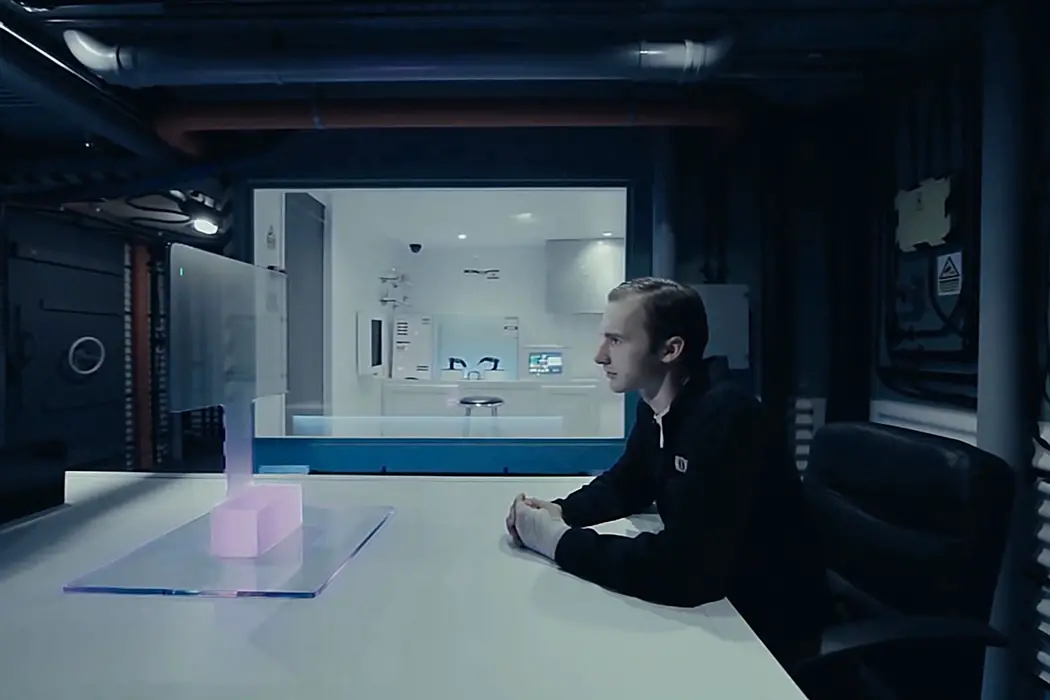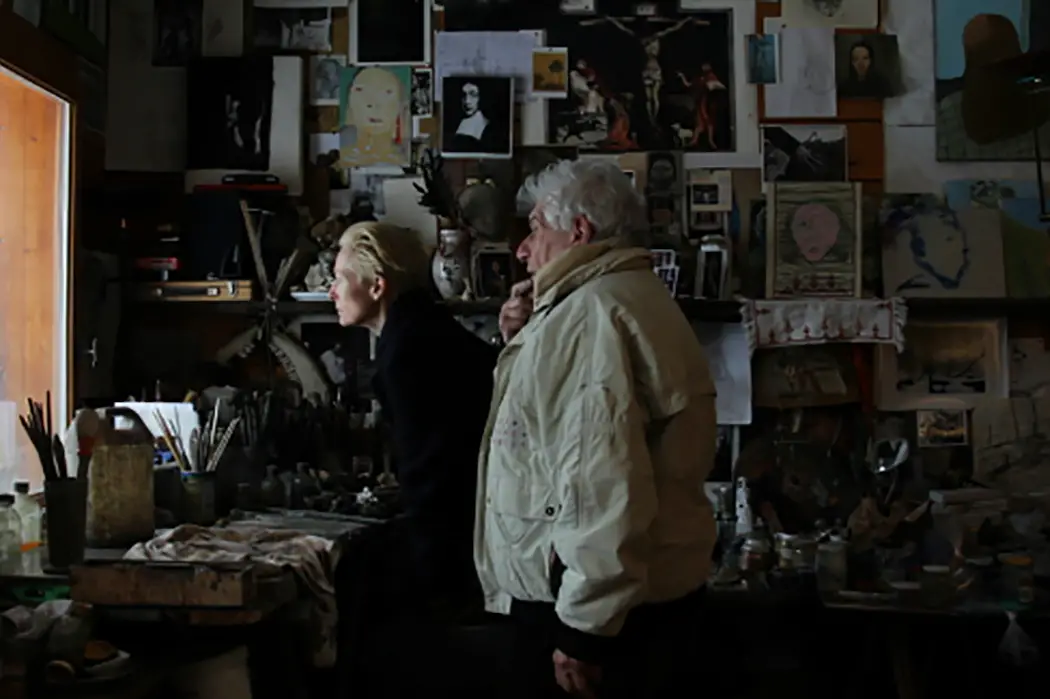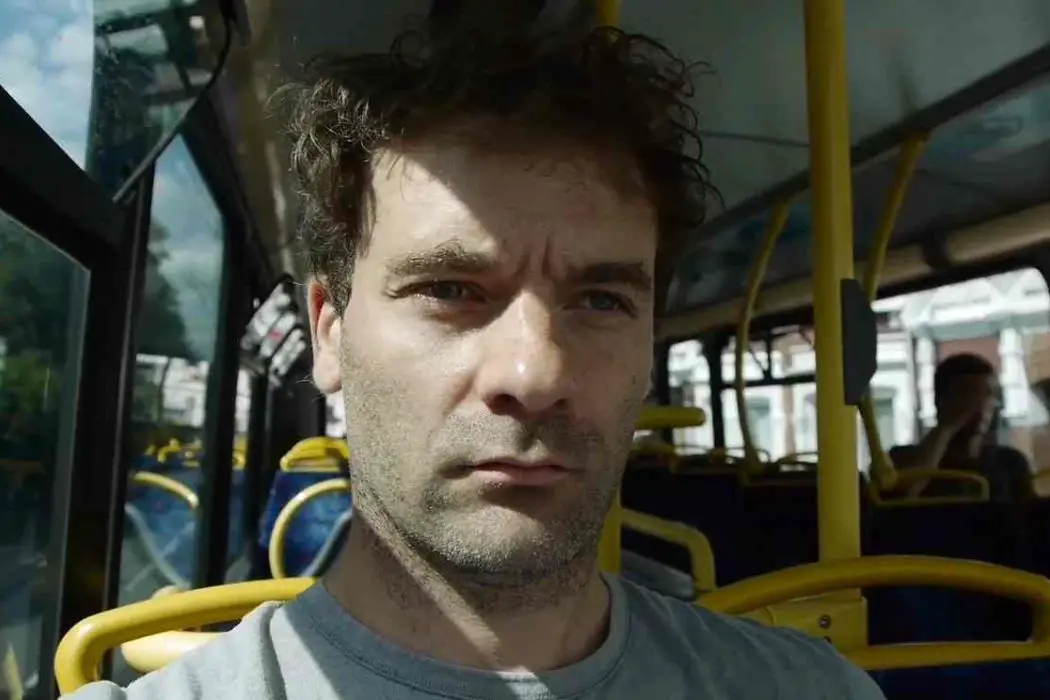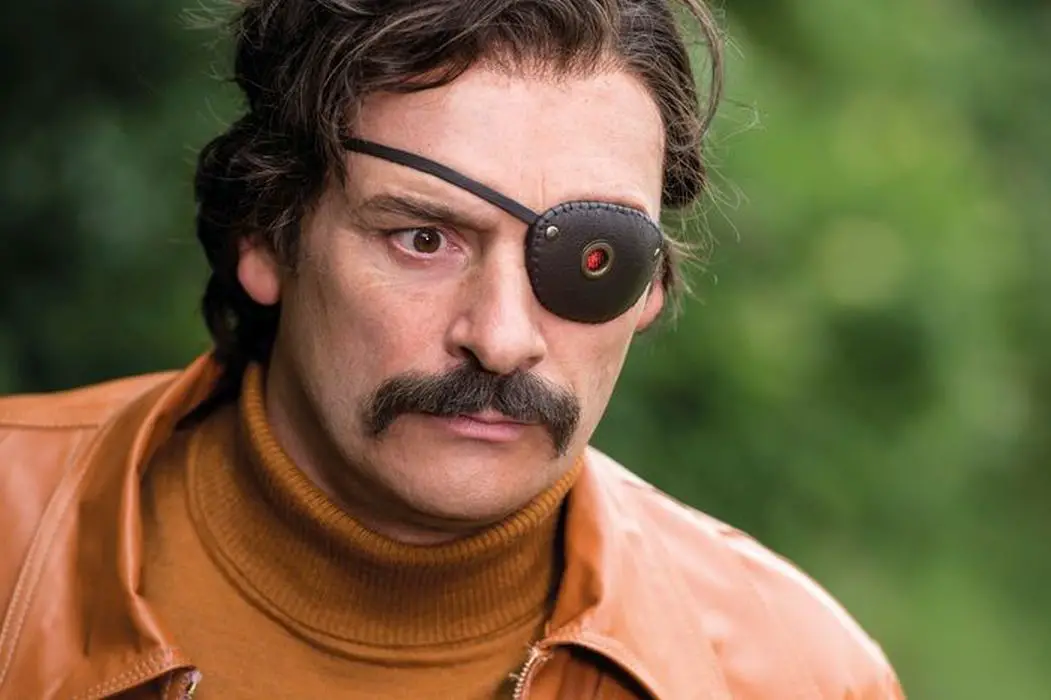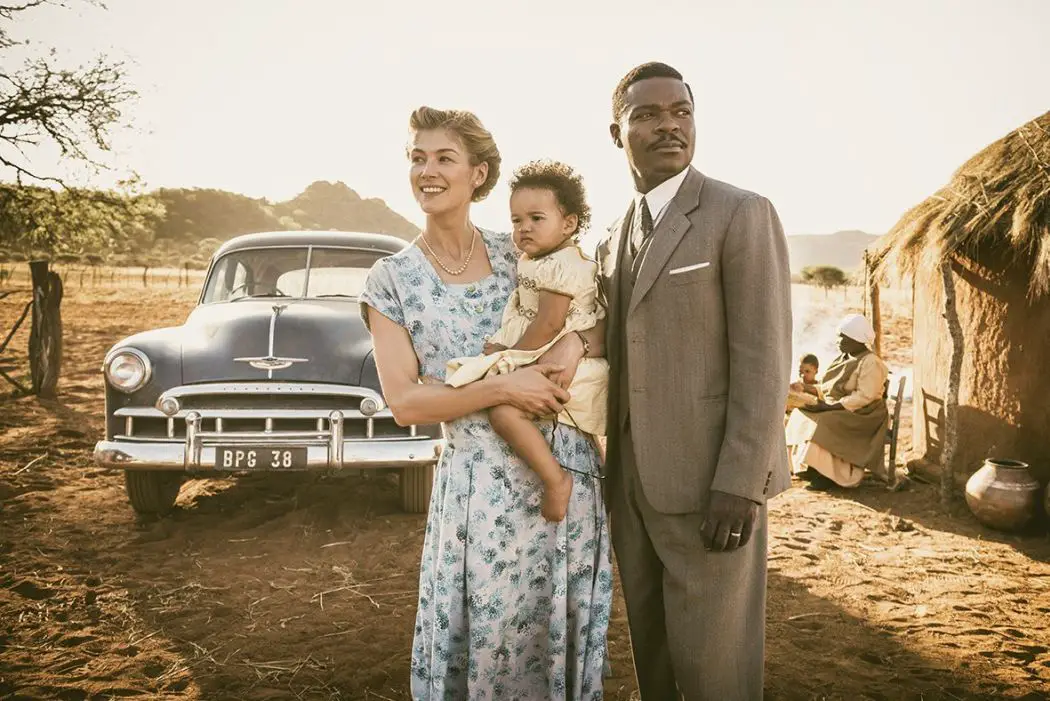United Kingdom
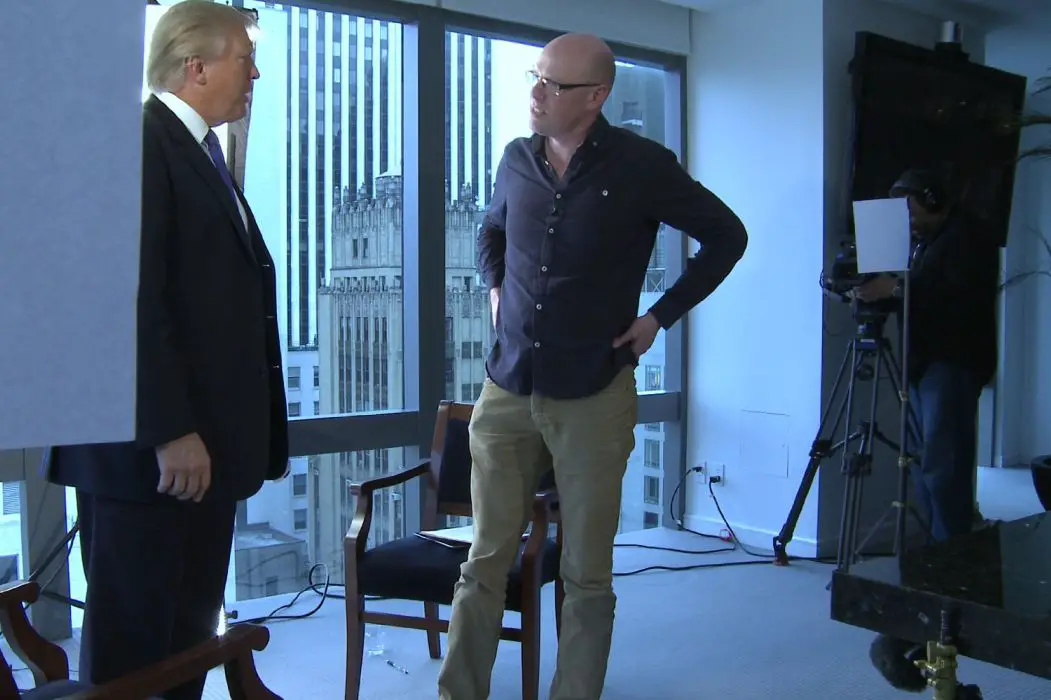
Imagine waking up from a coma and finding out that one of the nominees in the 2016 presidential election was a thin skinned egomaniac, with a penchant for airing his racist, misogynist and ableist views (and a platform that allows for homophobic views to boot). Imagine if you found out that he’d already set a precedent for his appalling behaviour, yet he was still inexplicably marching towards success, planning to grab the American electorate by the pussy. Having this news broken to you as your comatose body reanimates and prepares for a life in a new, quasi-dystopian future, is the only way you are likely to be shocked by any of Donald Trump’s antics.
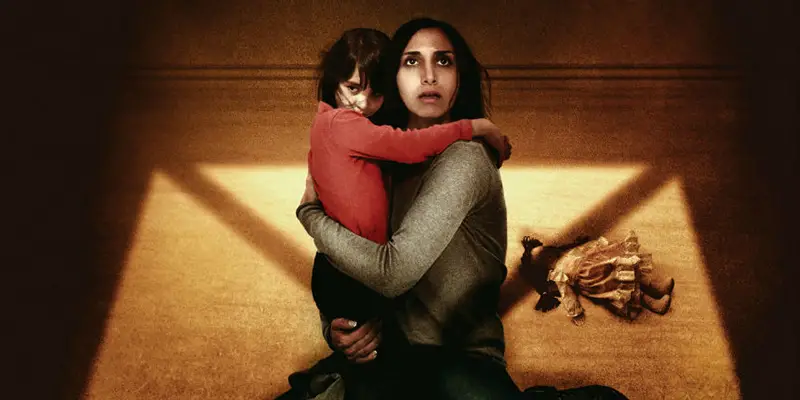
Film is one of the best artistic mediums because it’s always growing; it speaks every language, and every place in the world has their iteration as to what’s scary, twisted, weird or just downright bizarre. Different countries offer different interpretations of horror, from China where vampires hop to Korean Shaman. They don’t wave crosses, nor do they compel the power of Christ upon anyone, but just don’t fall in love with Isabelle Adjani.
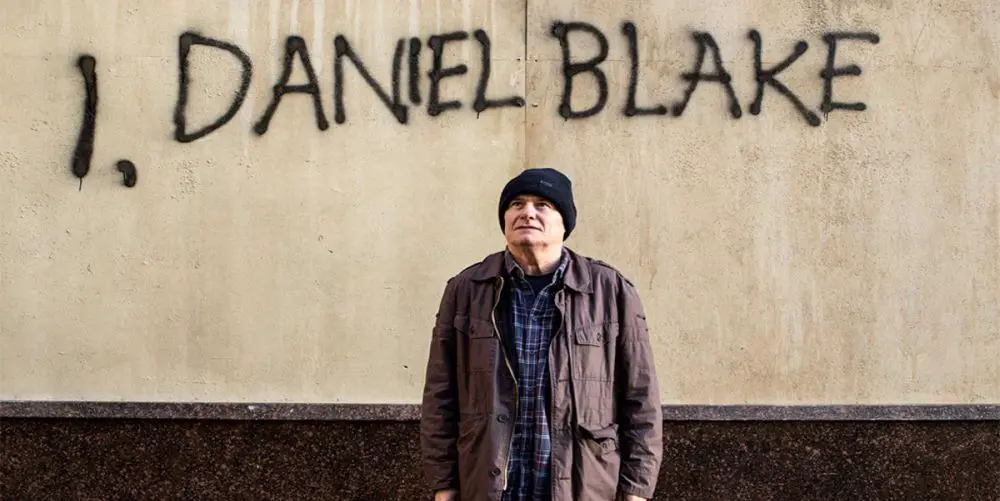
In 2013, Ken Loach seemed destined to enter the pantheon of filmmakers who bow out with a movie that was, at best, inconsequential to the hard hitting filmography that came before. His proposed final film was 2014’s Jimmy’s Hall, a film about the tensions between the Catholic Church, local government and the vibrant youth culture of 1930’s Ireland. For one of the most important British filmmakers of all time, bowing out with a period piece that paid more than a little narrative debt to Footloose ensured underwhelming results.
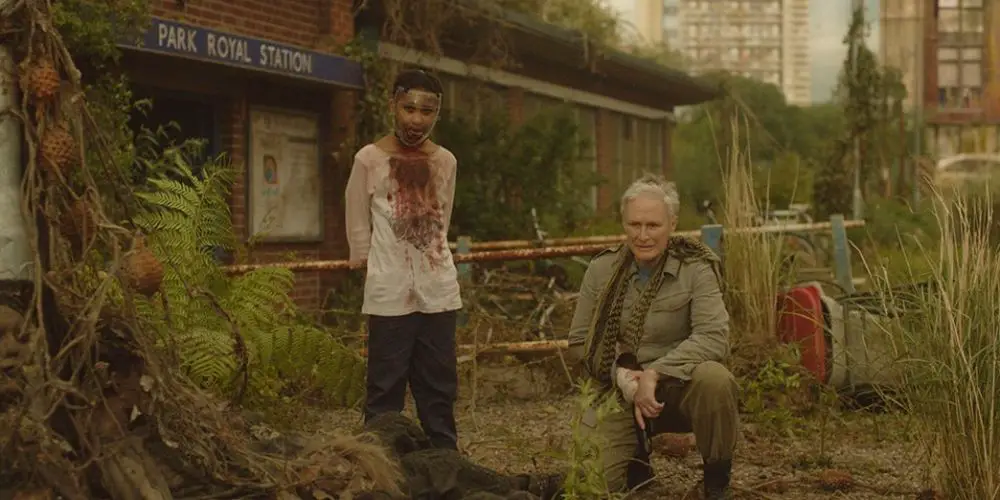
It is easy to see how The Girl With All The Gifts could have been toned down and transformed into a generic YA movie in its cinematic adaptation. In the 2014 best-selling novel, the story is told from the point of view of all five central character. Here, director Colm McCarthy focuses on the titular tween character Melanie, exploring this plague-ravaged world from her point of view.


